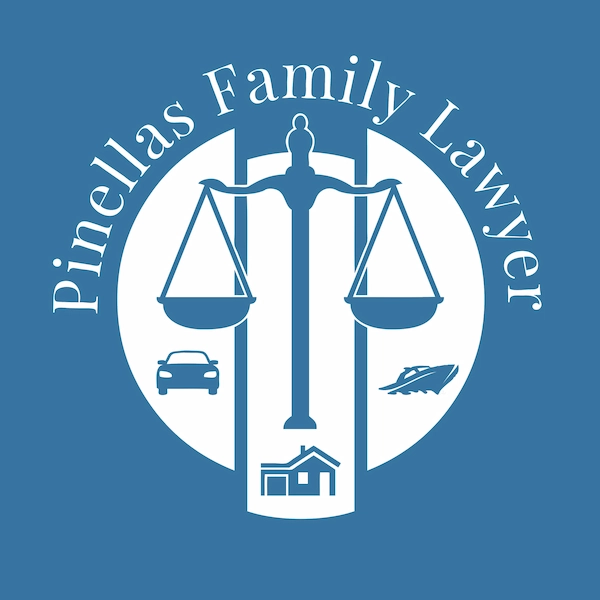
Week 2 of 2019: I was unsure how long I would have to wait until I started actually making money with my new practice. I assumed it may be a month or two due to the minimal amount of marketing I have been doing on my shoestring budget. However, I was pleasantly surprised when I received a phone call in just my second week of opening my family law practice. The call was from another attorney looking for someone to cover a hearing just a few days later.
I had heard other attorneys at my current temp job mention taking work as coverage counsel and charging anywhere from $75-$200 per hearing. I quoted the attorney my price, they accepted, and then mailed me the paperwork just before 5:00 Friday for the hearing scheduled that Monday morning. My initial excitement of earning my first proverbial dollar soon morphed into anxiety about what to do next. I would be making my first court appearance in just three days.
I have heard arguments for and against taking work as coverage counsel, but figured it would be good experience for me at the very least. As it turns out, I was right. Below are just a few of the things I learned from my experience as coverage counsel.
- Make absolutely sure of what you are agreeing to before you accept the job (and payment). I agreed to cover a hearing on a motion to continue; simple enough, right? Wrong. When I checked the court docket I noticed that the hearing I would be covering was not a hearing on a motion to continue, but rather a trial do determine child support. This proved to be more problematic than expected, but more about that later.
- Know the rules and procedures. As a bit of a perfectionist, I began to do research on the rules of coverage counsel, including Florida Rule of Judicial Administration 2.505(e). The rule states that you must file a notice of appearance when covering a hearing or trial for another attorney. I did this by filing a Notice of Limited Appearance, explaining the limited scope in which I would be appearing. (I also checked the local rules, but there were no additional rules that applied to my case.)
- Know your case. I’ve heard other attorneys talk about being coverage counsel and how all you need to do is pretty much show up. However, if I would have shown up unprepared, there is no question that I would have lost my hearing. Luckily, I had read over the filings and looked up the laws that pertained to the motion I was arguing.
- Be prepared for the unexpected. I know that’s easier said than done, but I mentally prepared myself for things to be the opposite of what everyone told me. I prepared for the worst-case scenario….and that’s exactly what happened. Aside from being a little nervous sitting in front of a child support hearing officer for the first time, I was thrown a curveball when the child support hearing officer told me that a hearing was not set for my motion to continue and that he does not hear this particular type of motion without a separate hearing being scheduled. Uh oh! Opposing counsel refused to agree to my motion, so I had to try to argue my motion anyways in hopes that the child support hearing officer would reconsider. When that failed, I quickly argued a point that was not in the written motion, and after giving opposing counsel a chance to refute my point, the hearing officer finally agreed to grant my motion. Whew! I just won my first family law hearing.
Aside from winning my first hearing just two weeks after starting my practice, I was able to stick to my new year’s resolution of no TV. This allowed me to spend one day in court observing and getting to know how some of the judges handle their courtroom; attend a few networking events; put in some hours at my temp job, answer some questions on Avvo; have my new logo created; add more content to my website, Pinellas Family Lawyer; open an account to accept credit card payments; write this blog, and still have time to spend a day at Legoland with my children. #lawpractice #familylaw #productivity #noTV2019
